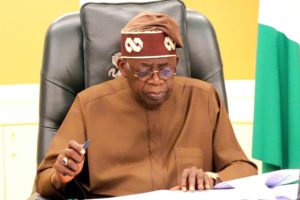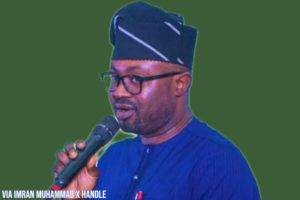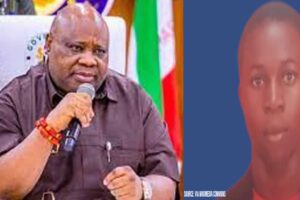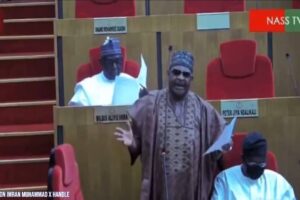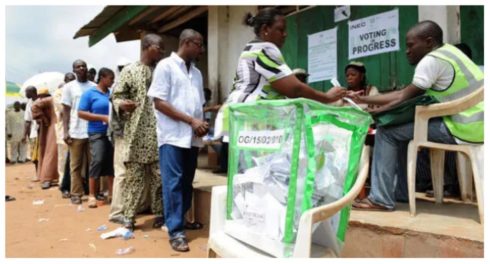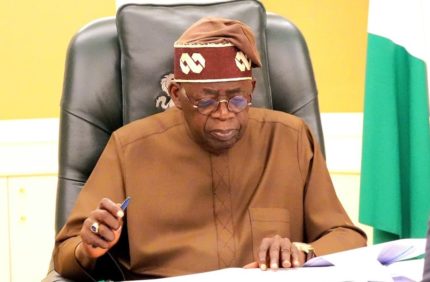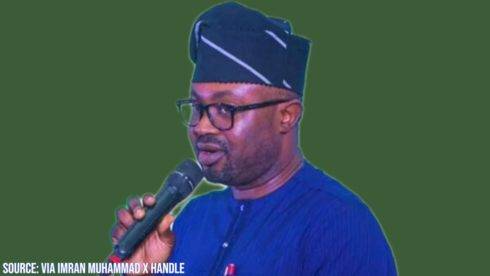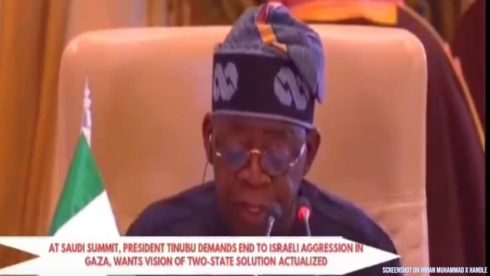The Ondo State Governorship Election is nearing a decisive end as the Independent National Electoral Commission (INEC) successfully uploaded 98% of the polling unit results to its Result Viewing Portal by late Saturday. This milestone, achieved by 10:55 p.m., marks a critical step towards determining the winner, with results from 3,875 out of 3,933 polling units now accessible.
This rapid result upload aligns with INEC’s commitment to transparency and efficiency, ensuring that the process remains accessible and accountable to the public. The prompt upload of results is expected to facilitate a swift conclusion to the vote-counting process, paving the way for official announcements of the election outcome. Despite logistical challenges, INEC’s performance has largely met expectations, setting a positive precedent for future elections.
Widespread Reports of Vote-Buying Across Ondo State
Despite the successful upload of results by INEC, the election was marred by widespread vote-buying allegations. Reports from multiple locations in Ondo State revealed that party loyalists engaged in vote-buying, offering money to voters at polling units in both rural and urban areas. Observers noted that party agents from both major parties, the All Progressives Congress (APC) and the Peoples Democratic Party (PDP), were involved in vote inducement practices, a recurring challenge in Nigerian elections.
The Economic and Financial Crimes Commission (EFCC) and the Department of State Services (DSS) had warned of legal consequences for those engaging in vote-buying. Nevertheless, incidents were reported across several local government areas, including Akure and Irele, where party agents were observed distributing cash to voters. These incidents underscore the persistent issue of vote-buying, exacerbated by economic hardship that drives voters to accept monetary incentives in exchange for their votes.
Security and Turnout: Heavy Deployment But Low Voter Participation
The Ondo State Governorship Election saw a massive deployment of security personnel, with over 22,000 officers from the Nigerian Police Force, 1,500 from the Federal Road Safety Corps (FRSC), and additional agents from the Nigeria Security and Civil Defence Corps (NSCDC) and Department of State Services (DSS) ensuring peace across the state. The heightened security was aimed at preventing violence and ensuring the safety of both voters and electoral officials. Despite this, reports indicate a generally low turnout in several polling units, with voting in most areas concluding by 2 p.m.
However, there were notable exceptions. At the National Boat Jetty in Igbonla, Ilaje Local Government Area, there was a significant voter turnout, showing that participation varied across the state. INEC also made notable improvements in logistics, with voting materials arriving at polling units on time and officials beginning distribution well before the start of the election. The early arrival of materials helped prevent delays and allowed voting to commence as scheduled in many locations.
Candidate Performance,INEC and BVAS Challenges
The two main candidates, incumbent Governor Lucky Aiyedatiwa of the APC and Agboola Ajayi of the PDP, each secured wins in their respective polling units. Governor Aiyedatiwa, who cast his vote at Igbo Ward 4 in Ilaje LGA, commended INEC for a smooth voting process and expressed confidence in his chances of victory. Meanwhile, PDP’s Ajayi, voting at Apoi Ward 2 in Ese-Odo LGA, expressed frustration with delays caused by the Bimodal Voter Accreditation System (BVAS).
Ajayi voiced concerns about BVAS-related delays, accusing INEC of inefficiency and alleging that the system’s slow performance was deliberate. Other voters and officials reported similar BVAS issues, raising questions about the reliability of the technology. Ajayi further criticized the Resident Electoral Commissioner (REC) for alleged bias, urging Nigerians to scrutinize the conduct of electoral officers closely. INEC’s use of BVAS, while an improvement in transparency, revealed operational challenges that impacted the voting experience for some individuals.
Table of Contents
Discover more from OGM News NG
Subscribe to get the latest posts sent to your email.


